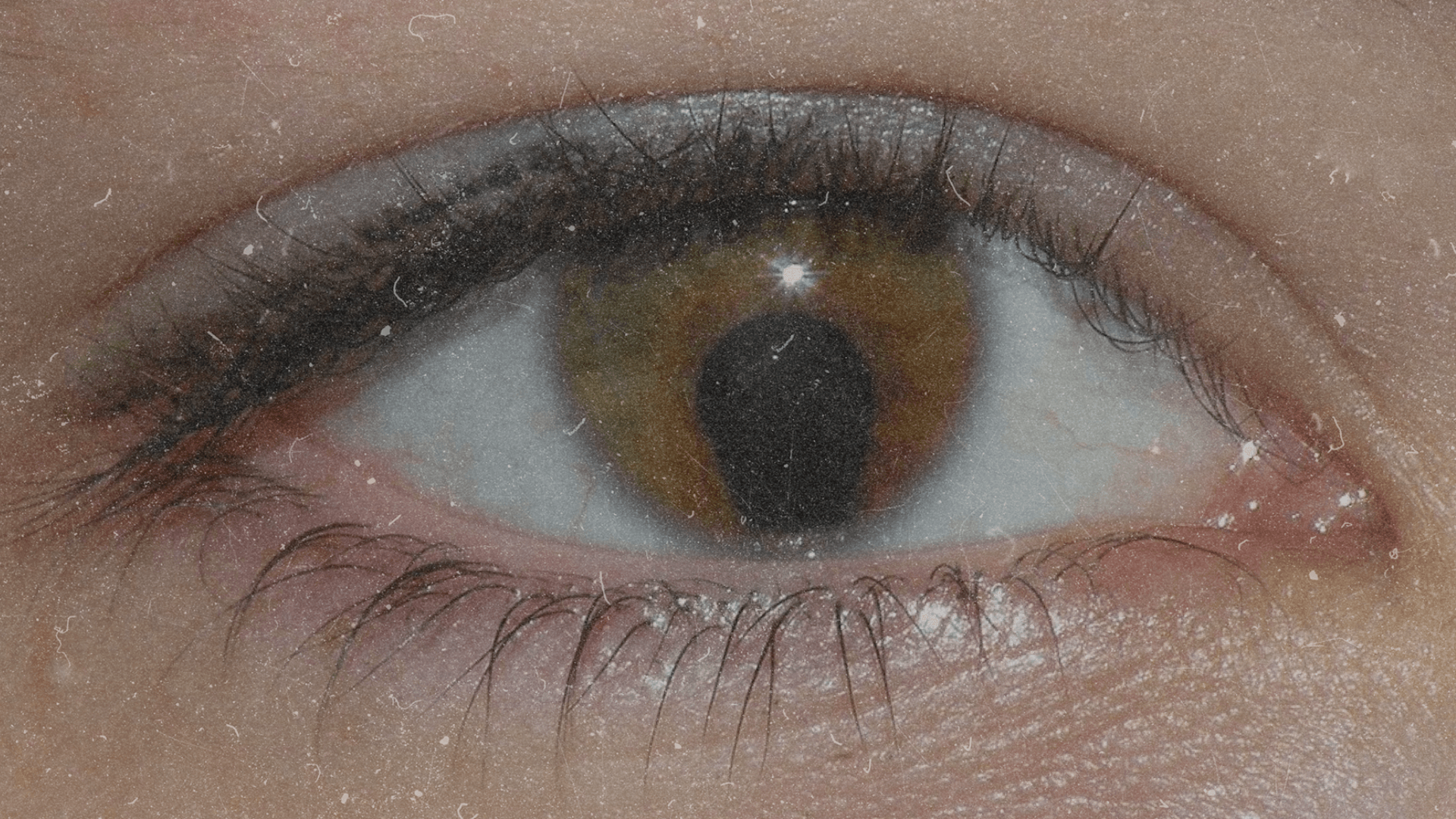CHARGE Syndrome: What Is It?
CHARGE syndrome is a rare genetic disorder that affects many parts of the body. The name “CHARGE” stands for six common problems: Coloboma (eye defects), Heart defects, Atresia choanae (blocked nasal passages), Retarded growth, Genital abnormalities, and Ear abnormalities. Each person with CHARGE syndrome has a unique mix of these problems, which can be mild or severe.
Early diagnosis and treatment are very important because the health issues linked to CHARGE syndrome can be very serious, especially for babies. This article explains what CHARGE syndrome is, its causes, symptoms, how doctors diagnose it, and ways to manage it.
What is CHARGE Syndrome
CHARGE syndrome is a complex disorder that affects many parts of the body. The name “CHARGE” comes from the first letters of key features often seen in this condition: coloboma (eye defects), heart defects, atresia choanae (blockage of nasal passages), retarded growth, genital abnormalities, and ear abnormalities. The combination and severity of these features can vary greatly from person to person. The many health problems linked to CHARGE syndrome can be life-threatening, especially during infancy. People with CHARGE syndrome usually have several major characteristics or a mix of major and minor characteristics.
History of CHARGE Syndrome
In 1979, B.D. Hall first described CHARGE syndrome in a journal paper about 17 children born with choanal atresia. That same year, H.M. Hittner described 10 children who had choanal atresia, coloboma, congenital heart defects, and hearing loss. In 1981, R.A. Pagon created the acronym “CHARGE” to highlight that these features often appeared together.
Initially, doctors thought these signs were random. Later, they realized that a genetic anomaly caused them. To reflect this, they started using the term “CHARGE syndrome.”
The CHARGE Syndrome Foundation, established in 1993, supports individuals with CHARGE syndrome, their families, researchers, and clinicians. The Foundation promotes research and knowledge about CHARGE syndrome and hosts an international conference every two years, starting in 1993.
Symptoms of CHARGE Syndrome

Major Symptoms
CHARGE syndrome has several main features. Coloboma, a gap or hole in the eye structures like the iris or retina, can cause vision problems. Choanal atresia, which blocks or narrows the nasal passages, leads to breathing difficulties. Common cranial nerve issues can cause swallowing problems, facial paralysis, reduced or no sense of smell (hyposmia or anosmia), and hearing loss. Ear abnormalities, including defects in the middle and inner ear and unusually shaped external ears, are also frequent.
Minor Symptoms
Heart defects, involving various congenital heart issues, are common in people with CHARGE syndrome. Slow growth starting in late infancy and delayed motor development, such as delays in sitting unsupported and walking, are typical. Some individuals may have a cleft lip and/or palate, which is an opening in the lip and/or roof of the mouth. Genital abnormalities are also noted, with males often having a small penis (micropenis) and undescended testes (cryptorchidism), while females may have less noticeable genital abnormalities. Hormonal issues, particularly hypogonadotropic hypogonadism, affect sexual development and can lead to delayed or incomplete puberty. Another minor symptom is tracheoesophageal fistula, an abnormal connection between the esophagus and trachea. People with CHARGE syndrome often have distinctive facial features, such as a square-shaped face and facial asymmetry. Cognitive function varies widely, ranging from normal intelligence to significant learning disabilities and poor communication abilities.
Causes of CHARGE Syndrome
CHARGE syndrome mainly occurs due to mutations in the CHD7 gene, which is vital for controlling gene expression during early development.
Genetic Mutation:
- CHD7 Gene: This gene gives instructions for making a protein involved in chromatin remodeling, crucial for gene expression. Mutations in the CHD7 gene disrupt its function, leading to the various abnormalities seen in CHARGE syndrome.
Inheritance Patterns:
- Sporadic Cases: Most cases of CHARGE syndrome happen sporadically, meaning the mutation occurs spontaneously in the sperm, egg, or shortly after conception and is not inherited from the parents.
- Autosomal Dominant Inheritance: In rare cases, CHARGE syndrome follows an autosomal dominant pattern. This means one copy of the altered gene in each cell can cause the disorder, and the mutated gene is passed from an affected parent to their child.
Developmental Impact:
- Early Development: The CHD7 protein is essential during embryonic development, influencing the formation and function of many body structures and organs. A mutation in the CHD7 gene can cause the wide range of birth defects and developmental issues typical of CHARGE syndrome.
Variability:
- Phenotypic Variability: Symptoms and their severity can vary widely even among individuals with the same CHD7 mutation. This variability results from the complex nature of gene expression and the many developmental pathways influenced by the CHD7 protein.
Diagnosis of CHARGE Syndrome
Who might have CHARGE? CHARGE syndrome should be considered in anyone with multiple anomalies and at least one major feature, such as coloboma, choanal atresia, typical CHARGE external ears, or CHARGE vestibular phenotype (small or absent semicircular canals).
Challenges in Diagnosis:
- Feature Overlap: CHARGE syndrome shares features with many other syndromes, including 22q11.2 deletion syndrome, Kabuki syndrome, and VACTERL association.
- Variability: Symptoms can range from severe to absent, and each affected individual has a unique set of features.
- Genetic Testing Limitations: CHD7 gene testing is not always conclusive. Around 10-20% of individuals with CHARGE do not have an identifiable pathogenic CHD7 variant, and not every CHD7 variant causes CHARGE.
Clinical Diagnosis: CHARGE is primarily diagnosed based on clinical features, requiring at least two major and several minor features. While CHD7 testing is recommended and helpful, a clinical diagnosis can often be made even if DNA testing is negative. Clinical evaluation and testing by a medical geneticist are advised for all individuals suspected of having CHARGE syndrome.
Testing: To determine the presence of CHARGE syndrome, various tests are conducted:
- Imaging: Echocardiogram, kidney ultrasound, and inner ear MRI.
- Lab Testing: Chromosomal microarray, CHD7 gene sequencing with deletion/duplication testing, and possibly whole exome sequencing (WES).
Importance of CHD7 Testing:
- Confirmation: Identifying a CHD7 variant can confirm the diagnosis if clinical diagnosis is uncertain.
- Family Information: Knowing the CHD7 variant helps provide information for the affected child and family, including reproductive options and testing for other family members.
- Targeted Mutation Analysis: Parents, siblings, and other family members can be tested for the specific CHD7 variant identified in the person with CHARGE.
If CHD7 testing is negative, CHARGE syndrome cannot be entirely ruled out, and additional testing options should be discussed with a geneticist.
Inheritance of CHARGE Syndrome

When CHARGE syndrome is caused by mutations in the CHD7 gene, it follows an autosomal dominant pattern of inheritance. This means that only one copy of the altered gene in each cell is sufficient to cause the disorder. Most cases result from new mutations in the gene, occurring in individuals with no family history of the disorder. In rare instances, an affected person inherits the mutation from an affected parent. The inheritance pattern for other cases of CHARGE syndrome, where the CHD7 gene is not involved, remains unknown.
Treatment of CHARGE Syndrome
Children with CHARGE syndrome often face numerous life-threatening medical conditions. However, with advances in medical care and the support of a multidisciplinary team of professionals, these children can not only survive but also thrive. Treatment plans should address hearing impairments, vision problems, and other related issues.
Early Intervention
Early intervention is crucial and should include occupational therapy, speech-language therapy, and physical therapy to enhance static posture, ambulation, and self-care skills.
Education and Support
Educational approaches must consider the child’s sensory impairments. Children with multiple health impairments, such as combined deafblindness, often have their intelligence underestimated if early intervention is not provided.
With appropriate therapies and educational support, children with CHARGE syndrome can reach their full potential.
Navigating the Complexities of CHARGE Syndrome
CHARGE syndrome is a complex and multifaceted genetic disorder that affects many areas of the body. Understanding its causes, symptoms, and the importance of early diagnosis and intervention can greatly improve the quality of life for those affected. Each person with CHARGE syndrome experiences a unique set of challenges, but with comprehensive medical care, appropriate therapies, and strong support systems, individuals with CHARGE syndrome can lead fulfilling lives. Raising awareness and advancing research are crucial to providing better outcomes and support for those living with this condition.
While CHARGE syndrome can present traits similar to autism, only a limited number of studies have explored autistic behaviors specifically in this group. The challenging behaviors seen in individuals with CHARGE syndrome are often mistaken for autism. More research is required to better understand the distinctions.
Children with CHARGE syndrome frequently exhibit behaviors that are hard to manage. These may include autistic-like traits, obsessive-compulsive tendencies, hyperactivity, self-stimulation, repetitive actions, and even self-injury.
Developmental delays are common among children with CHARGE syndrome. Although some may experience intellectual disabilities, many individuals possess normal intelligence.
